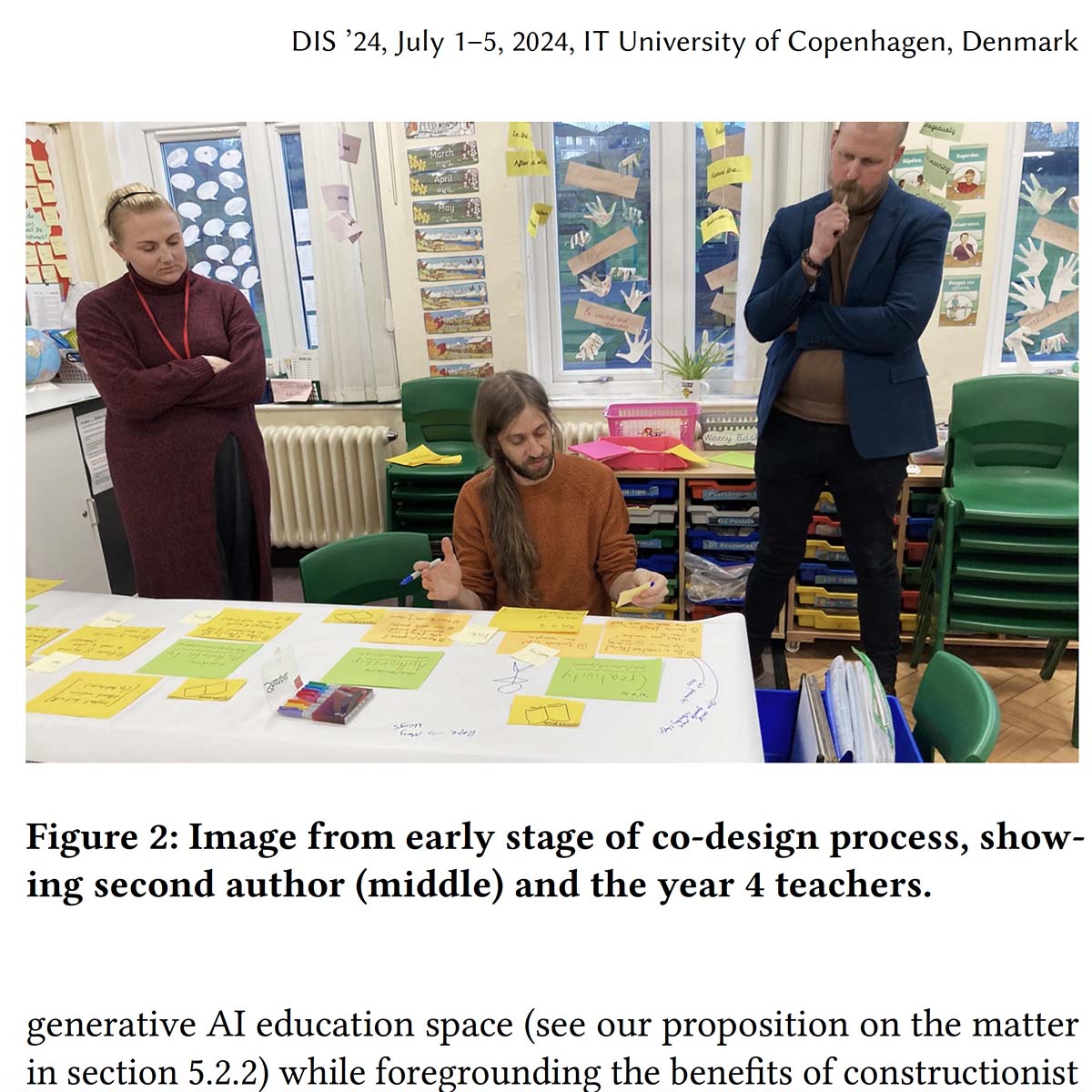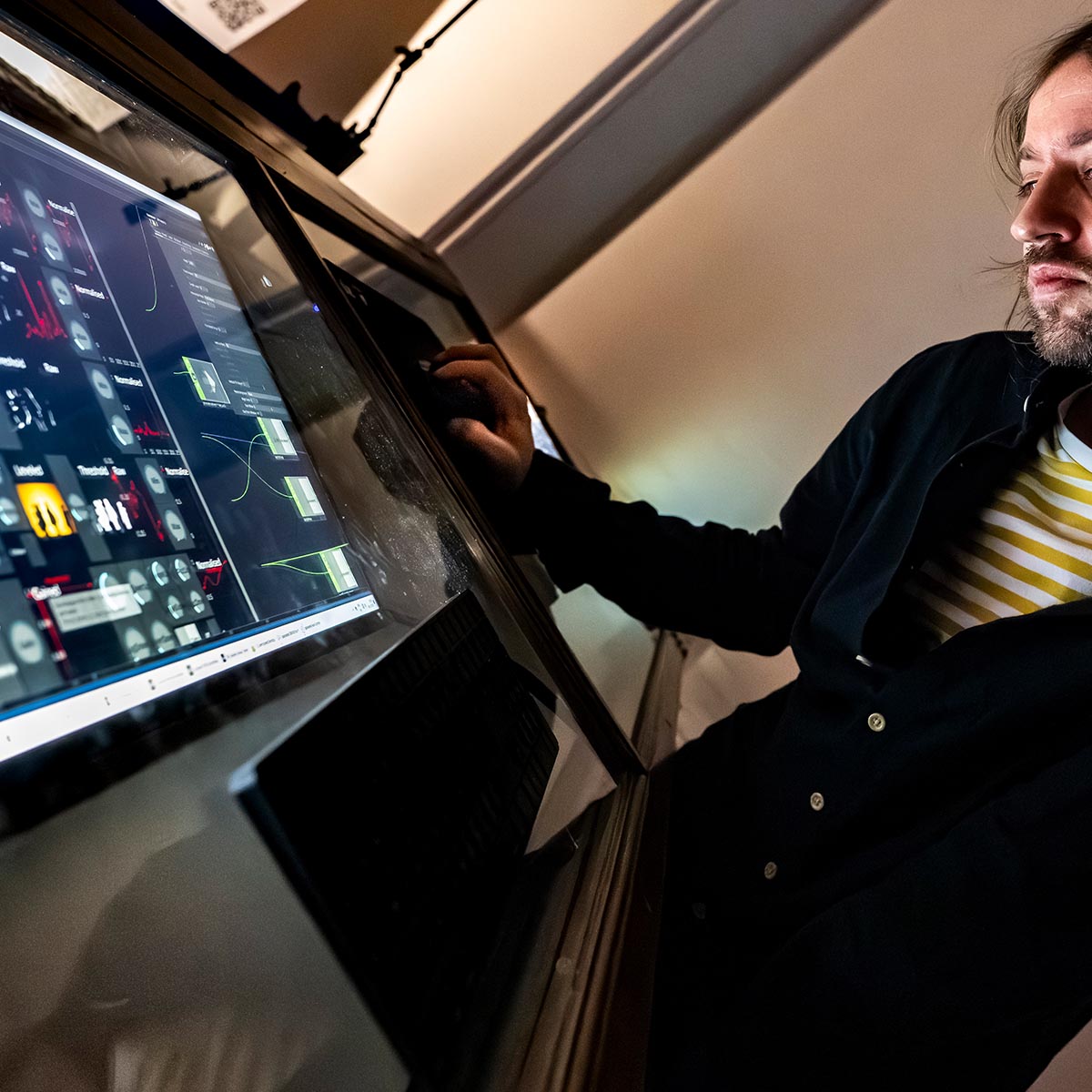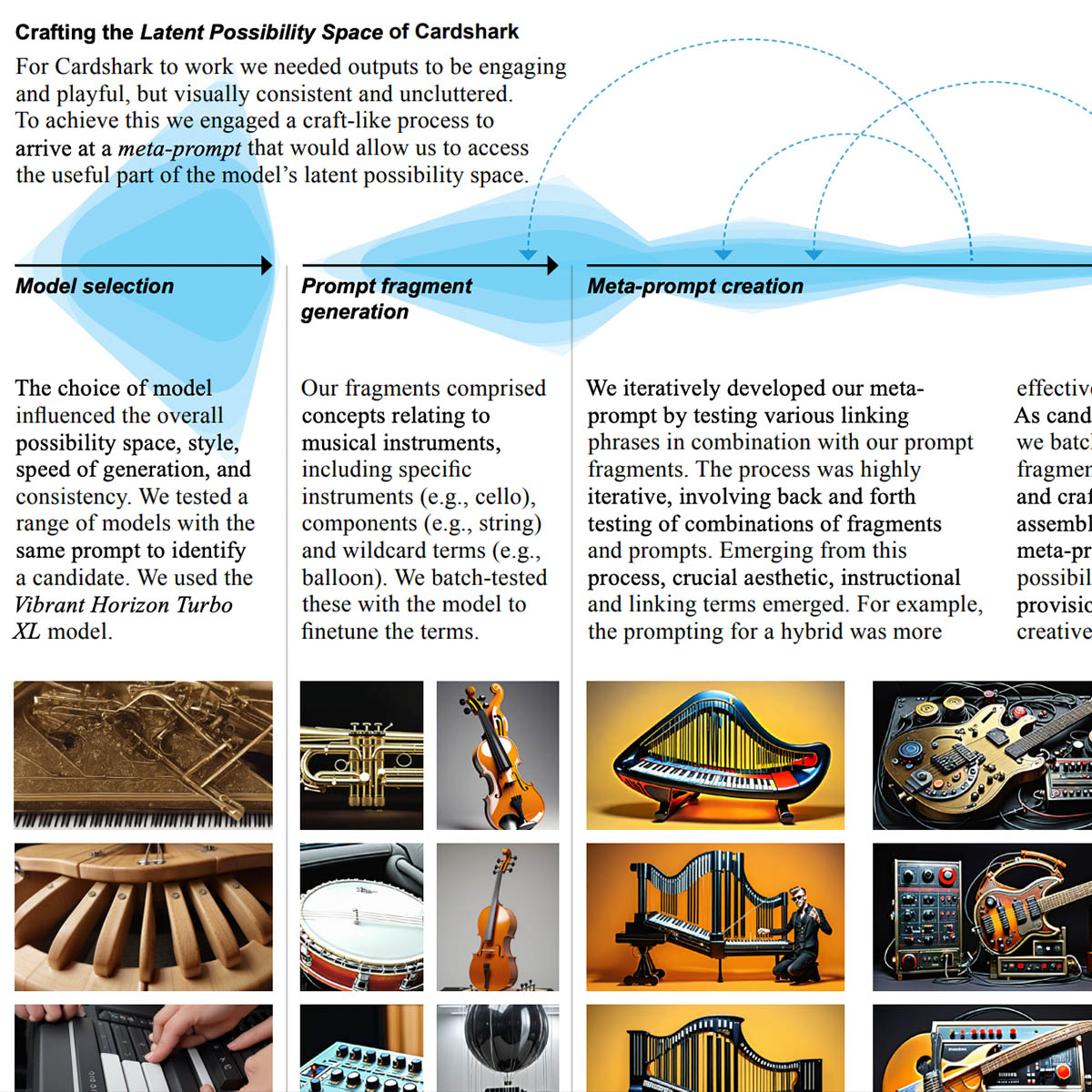I am delighted to share a this pre-print of a paper describing our project Ryelands AI Lab which will be presented at the 2024 Designing Interactive Systems conference.
Thanks to Jesse Josua Benjamin for leading on the project delivery and on writing the article.
You can access the paper here. You can also access all of the resources we created for the project on this Miro board (on the miro most of the images or lesson plans and slide decks are actually PDFs that you can scroll through).
Research through Design as Rapid Response Methodology
The project applied Design Research principles to the challenge of creating curriculum to help year 4 primary school kids to pick up the skills to both use and also think about generative AI.
I’m really proud of the whole project but one of the key aspects, and that I think is quite unique, is presenting Research through Design as an overarching approach for managing the project - I think this one of the main areas that Design Research can contribute to large interdisciplinary projects, not only as an activity that results in designed stuff but also as a way of thinking about how to organise projects.
Based on that, we then argued that Research through Design can be used as a ‘rapid response methodology’ for obtaining valuable insights on fast-moving socio-technological situations. The crux of this is that while large scale scientific trials offer invaluable insights, they take a long time, often too long to be useful when technology is adopted at the rate that generative AI was over the last 18 months. As an organising principle for how to deliver research quickly, however, Research through Design is nimble enough to fill that gap.





